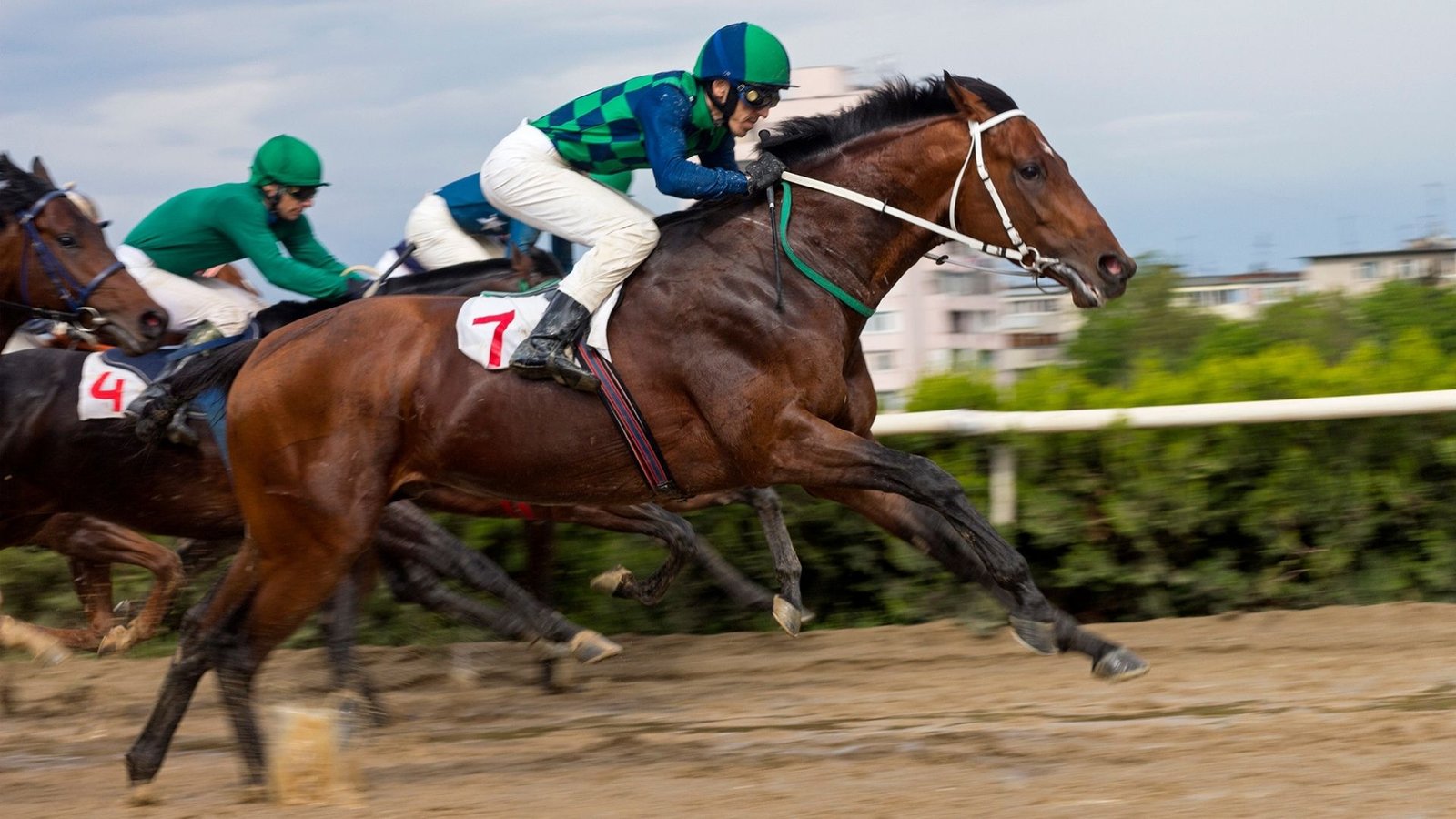Something is thrilling regarding owning a racehorse with possibility of a racehorse make you rich. It’s cheaper than purchasing a specialist sports team, and also, who doesn’t, such as wearing huge hats as well as sipping mint juleps at the Kentucky Derby? Still, if you believe owning a racehorse is an excellent bet, reconsider. It’s a gamble that possibly will not pay off.
Steeds can be cash pits, sucking your pocketbook dry with charges, taxes as well as veterinarian bills. In addition, horse racing itself is undergoing hard economic times. The soft economic climate, combined with boosted competition for betting dollars, harms the sporting activity. Still, if you wish to saddle up, below are a couple of crucial concerns to think about:
Many racehorse proprietors belong to a partnership. Collaborations, or organizations, market shares in an equine, like a lot of money 500 firms.
What are the advantages of collaboration?
Collaborations make financial feeling because you don’t need to be a king to appreciate the sporting activity of kings. According to one study, 60 per cent of racehorse proprietors had an annual household income of $75,000 or much less.

How much should I invest in owning a horse? Depending on your objectives, you can support a couple of thousand bucks, or substantially a lot more. You may decide to hold just a piece of a steed or be the sole owner.
Where should I race my steed?
Not every horse has the skill to compete for auto racing’s Triple Crown. Most horses run regionally, where competitors are less complicated. Economic factors to consider, the equine’s ability and the kind of race (such as harness or quarter) determine the degree of competitors.
Just how do I buy a racehorse?
You can purchase racehorses at public auctions, private sales, or a declaring race at a track.
Whatever you do, remember that horseracing might be a sporting activity; however, it is likewise an organization and a risky business at that. The trick is to recognize the advantages and pitfalls.
Price of Having a Racehorse?
You and your chequebook will effectively learn more about one another when you acquire a racehorse. In addition to the initial acquisition, there is a laundry list of other costs you, as the owner, will undoubtedly be responsible for. A typical proprietor can anticipate paying $60,000 per steed for training, boarding, and other expenditures by year’s end. Right here are a few of those costs:
Day Price: This is the price owners pay to educate residence and feed their horses at the track. Proprietors that race at major routes can expect to fork over $34,000 a year in training charges.
Shoeing: Although steeds do not wear high-heeled Jimmy Choos, the expense of keeping an equine in footwear is equally as pricey. Shoeing can run in between $100 and $400 a month per equine, depending upon the sort of shoe the animal needs.
Veterinarian Bills: Equines get unwell. Equines wound themselves. An anabolic steroid that can fix damaged cells or increase the appetite of a horse can run as high as $60 per shot.
Jockey Fees: The fee owners pay the jockey to ride an equine in a race. Jockeys can take home a minimum of $35 to $100 a race. Jockeys likewise gain a percentage of the handbag if the horse is fortunate sufficient to win, place or program.
Transport: Delivering a steed from track to track is costly. Those who race near the house will not have to dole out as much money as owners who run their mounts nationally.
Other Fees: Racehorse owners need to likewise pay for insurance coverage, licenses as well as, tax obligations, every one of which can differ by state.
Racehorses Success stories
The equine won Thoroughbred auto racing’s Triple Crown, beating the finest of the ideal at the Kentucky Derby, the Preakness Risks, and the Belmont Risks. Variety also earned $12 million when the Taylors placed him out to stud and millions a lot more with the sale of his spawn.
Proprietors make cash when steeds win. The business economics are straightforward: the more the mount wins, the extra the steed is worth. Owners are most likely to spend, purchase or assert a winning horse.
Nevertheless, the actual scrape– millions if the equine is a champ– comes from breeding. In 2000, an auto racing organization bought Kentucky Derby winner Fusaichi for a monstrous $60 million, a record-setting cost. Today, the Thoroughbred regulates a stud fee of around $200,000. Given that Fusaichi was young when he retired, he might sire numerous offspring.
By year’s end, a typical owner can expect to pay $60,000 per horse for training, boarding, and various other expenditures. Day Price: This is the rate owners pay to educate, home, and feed their horses at the track. Jockey Charges: This is the fee owners pay the jockey to ride a horse in a race. Proprietors make money when equines win. The economics are simple: the more the horse wins, the extra the steed is worth.
